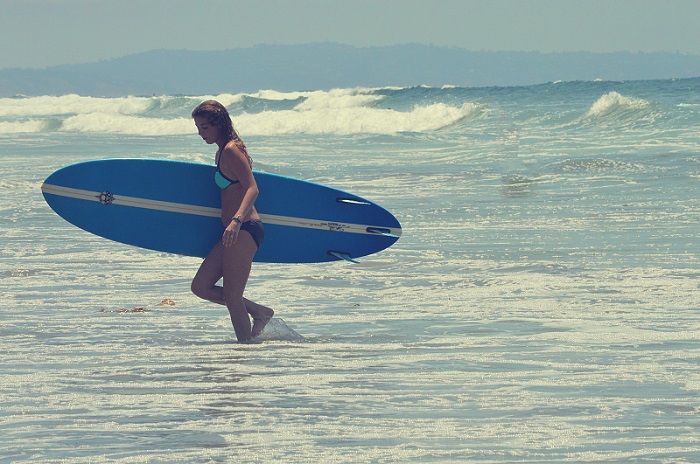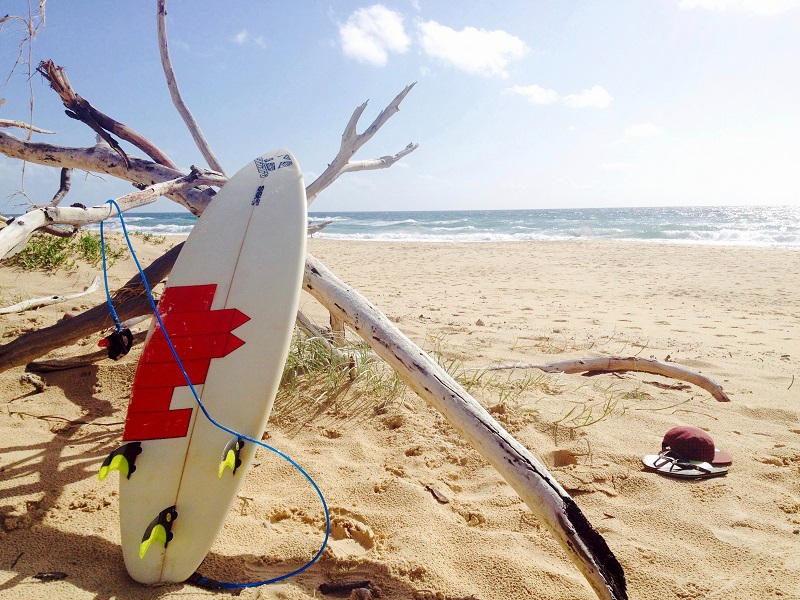Nowadays, surfing has become one of the most popular sport almost anywhere in the world. Many people describe mastering the ability to catch a wave and ride it across the water as a life-changing experience. North Portugal is the most popular region in Portugal. If you visit Portugal, you can find plenty of surf camps in northern Portugal where many beginners will be trained by professionals. Surfing is the most famous sport in Portugal. While looking at the suffers, many people will be curious to learn surfing, but some may fear to learn, and some may find difficulty in learning. If you are among them, you need not worry about it because help is in your hand. Here are some useful tips for beginner surfers.
Don’t learn by yourself
Even you think it is an easy task to do, never approach surfing by yourself. Either you can get an experienced friend to teach you or approach the best Porto surf school in order to avoid injuring yourself and others or even putting your life in danger. There are many best surfing schools in European countries like Germany, Spain, France etc. Surfing is the most famous sport in European countries so other than any other place you can find the best surfing schools there.
Pick a good teacher
As soon as you decide to take some surf lesson, search for the teacher in advance. Ensure that the teacher you selected are experienced and have a good review. A good teacher not only teaches you how to surf, but they will also inspire you and make you love surfing. You can even approach a surfing school to get the best trainer. There are many experienced trainers in the surfing schools of Spain and Germany.

Find a beginner-friendly surf spot
Being a beginner, it is important to find the best and most suited beach because a beach that is appropriate for beginner surfers is crucial to your surging success. So start your career surfing on the beach known for good, steady waves. Only then the whole learning process will be smoother. Normally the waves on each beach will be different, so find the beach that doesn’t have many waves.
Warm-up and spend some time
You need to do some little warm-up before you enter the water because stretching out your muscles and tendons will decrease the chances of muscle cramps. As soon as you are done with a warm-up, don’t rush into the water. You need to spend some time on the beach and look at the waves and study them. Observe how and where they break. Even you can observe the activity of other surfers. It is not just as a beginner surfer, you also need to do this every single time before you get into the water.
Use a big surfboard
Using a large board will offer you a bigger surface to learn on, and also, this is one of the best beginner surging tips you could ever follow. Being a beginner, you no need to temp to jump on a smaller, shorter board. Using a big surfboard will help you to develop better fundamental mechanics, and you will catch a lot more waves in the early stages.
Get yourself a soft-top surfboard
For beginners, soft-top surfboards will help with the learning process. Soft top and large surfboard is going to be gentle on your feet and posterior. As a beginner, you will be spending a lot of time sitting on it rather than standing. So soft-top surfboard will be more helpful for you at the beginning stage.
Wrapping up As a beginner, you no need to get tangled with the big dogs. There is no wrong with going up slowly. When your approach surfing schools in Germany, France and other European countries, you will be completely guided by the experts from starting to the end. They will make you an expert in surfing.
